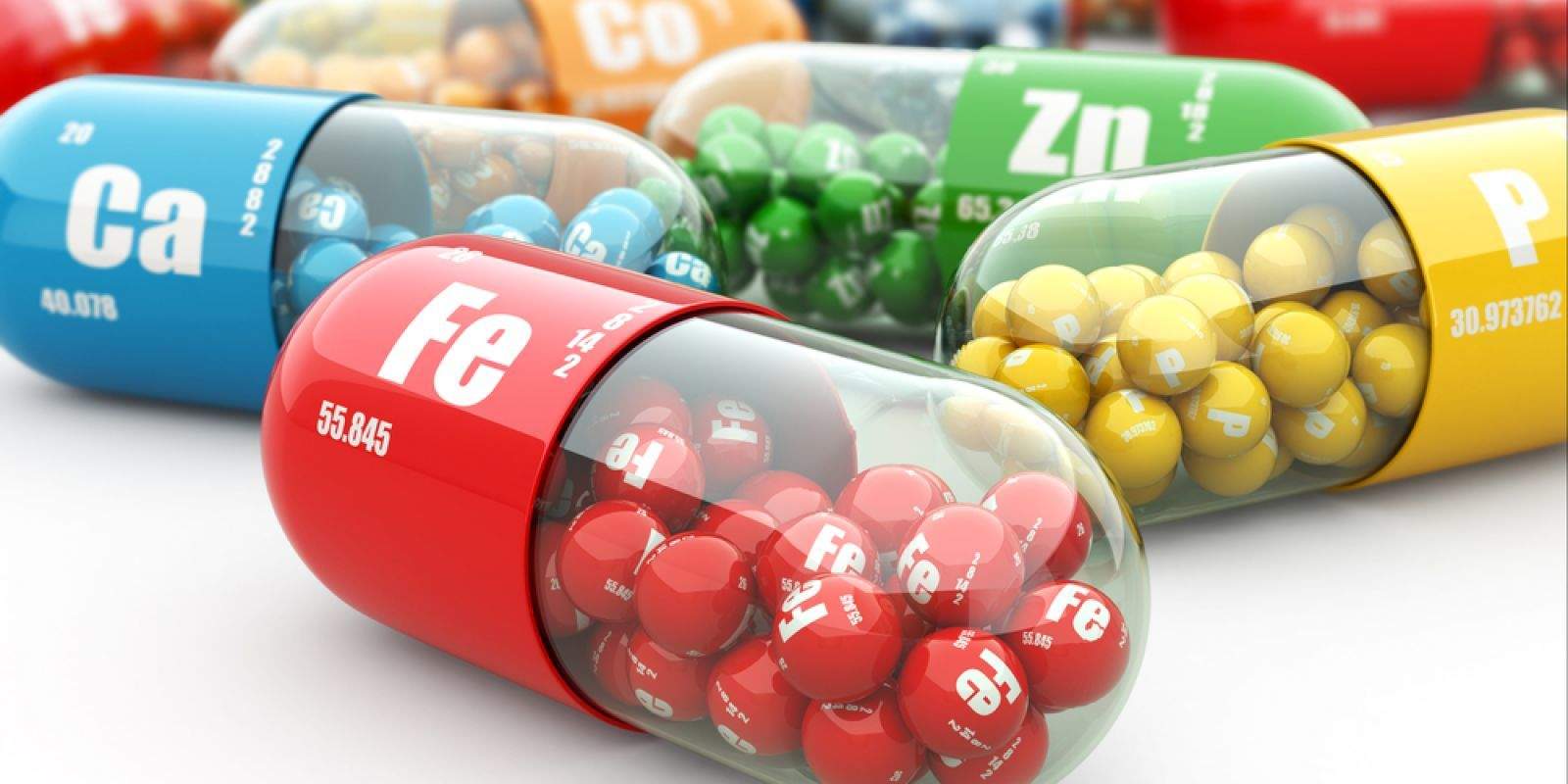Contents:
- Medical Video: 11 Signs Your Body Needs More Magnesium
- Macromineral
- 1. Calcium
- 2. Phosphorus
- 3. Magnesium
- 4. Sulfur
- Micromineral
- 1. Iodine
- 2. Chromium
- 3. Manganese
- 4. Selenium
- 5. Flour
Medical Video: 11 Signs Your Body Needs More Magnesium
Just like vitamins, minerals are also included in the group of micronutrients needed by the body. There are various kinds of minerals that the body actually needs to support the functions and various processes that occur in the body. In general, minerals function to maintain and maintain healthy bones and teeth, play an important role in the process of energy formation, become a signal carrier in the nervous system and muscle contraction, maintain an acid-base balance of the body, and become a component of enzymes and hormones produced by the body.
Minerals that are needed by the body are divided into two groups, namely types of macro minerals, namely the types of minerals needed in sufficient quantities and micro minerals needed only in small amounts. Then what are the types of minerals that the body needs?
Macromineral
Here are the types of macromineral, minerals that are needed in sufficient quantities:
1. Calcium
You must have heard this type of mineral often. Calcium is a type of macromineral that functions to maintain bone density and health, is active in blood clotting and wound healing, tasked with activating several digestive enzymes that are useful for breaking down and absorbing food that enters the body. The best food sources for calcium sources are milk and processed products, crabs, shrimp, chicken meat, and beef. Calcium will be absorbed by the intestine with vitamin D. Calcium needs for adults per day is approximately 4700 mg.
READ ALSO: Is it true that Calcium Supplements Can Cause Dementia?
2. Phosphorus
Phosphorus has a function that is for bone health, components of various enzymes and cells in the body, and plays a role in cell metabolism. The main sources of forfor are beef, fish, chicken, and some cereals. Phosphorus needed by adults is 700 mg per day.
3. Magnesium
Serves to metabolize fat and protein, activate several enzymes, and maintain electrolyte balance when muscle contractions occur. You can find magnesium in various types of nuts, tofu, tempeh, green leafy vegetables, beef and chocolate. While for adults magnesium which is needed is around 310-50 mg / day.
READ ALSO: Does Magnesium Deficiency Cause High Blood Pressure?
4. Sulfur
Not only in beauty medicines, sulfur is also found in various food sources such as fish, milk, eggs, and chicken. In the body, sulfur acts as a component of cartilage, becomes an anticoagulant, and plays a role in producing insulin. The amount of sulfur you need is 800-900 mg / day.
Micromineral
Here are the types of microminerals, minerals that are needed in small amounts:
1. Iodine
Iodine serves to help synthesize thyroid hormones, regulate oxidation levels in cells, play a role in physical and mental growth, maintain normal body temperature, and maintain healthy nerve and muscle tissue. There is already a lot of salt added to iodine in it, so you can get iodine just by using salt in the dish. Needs needed are around 150 mcg / day.
READ ALSO: Trembling Hands, Heart Beat? Alert Hyperthyroidism
2. Chromium
Chromium helps to maintain and regulate glucose levels in the body and become a cofactor or task to activate the hormone insulin. This mineral also has a role in protein and fat metabolism. Sources of chromium are cereals, meat, and several types of sea shells. You only need 25-35 mcg of chromium per day.
3. Manganese
This type of mineral is very important in the process of bone formation, regeneration of red blood cells, reproductive cycle, and carbohydrate metabolism. Manganese can be found in shrimp, wheat, and some types of dried seeds, such as sesame. Whereas manganese is only needed by the body in amounts that reach 1.8-2.3 mg / day.
READ ALSO: Intermediate Nutrition Communication Affects Nutrition Absorption
4. Selenium
Selenium plays a role in fat metabolism and is an antioxidant in the body. You can find selenium in onions, milk and its products, and chicken meat. While selenium is needed is around 30 mcg / day
5. Flour
Spinach, soybeans, and onions are the main sources of flouride. Fluoride has a function to prevent tartar, keep teeth strong, and work with calcium to prevent bone loss. Within a day, you only need 2.5-3 mg of fluoride.












